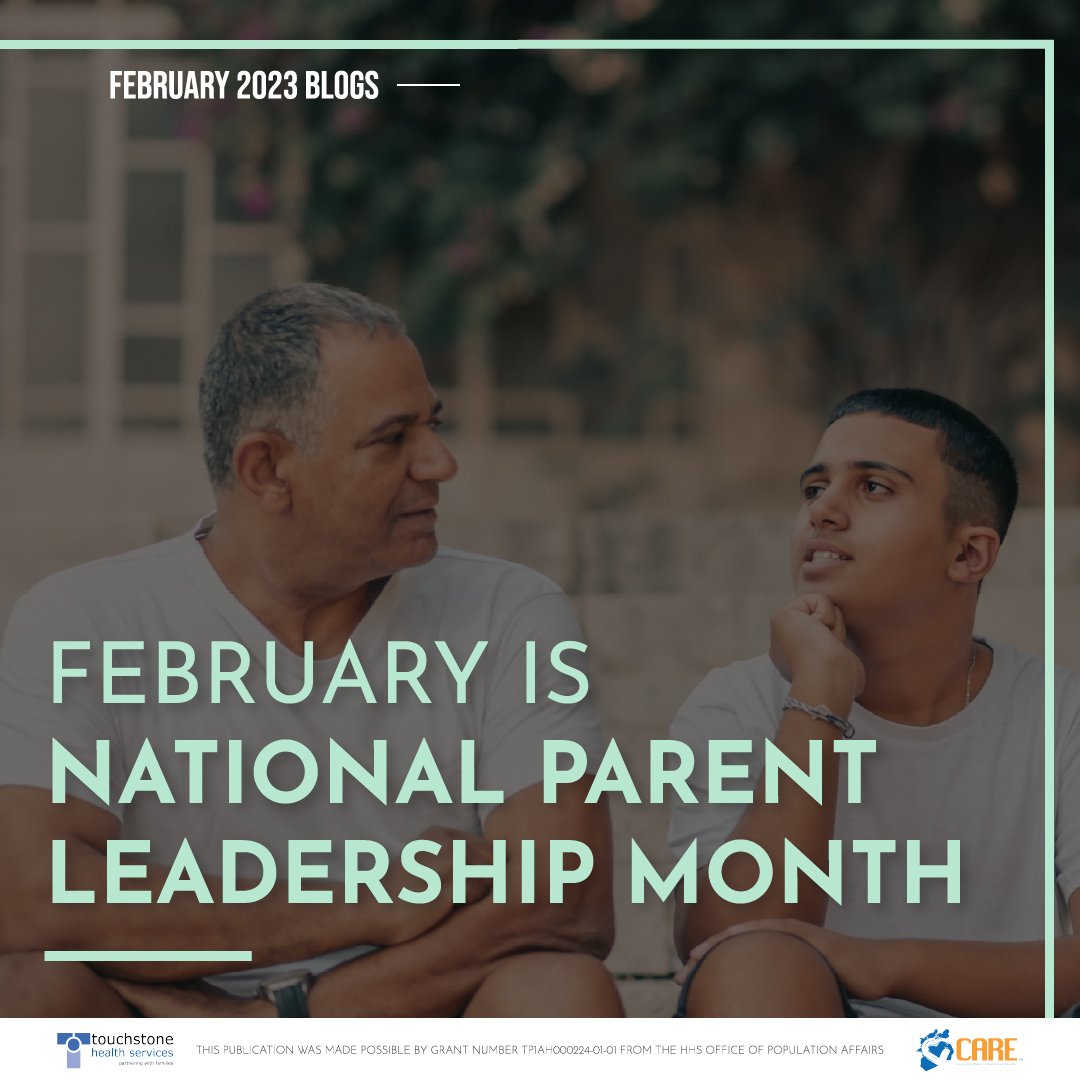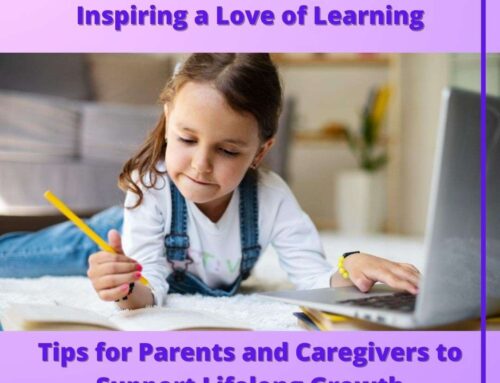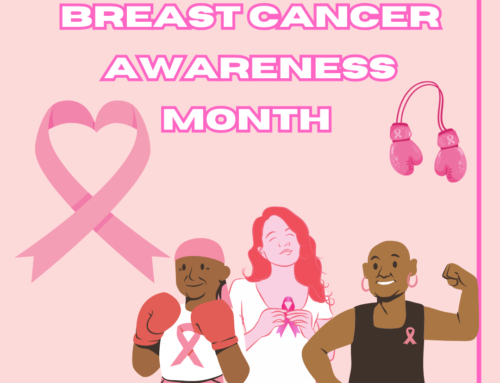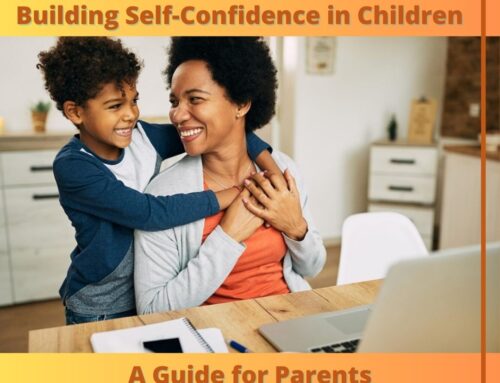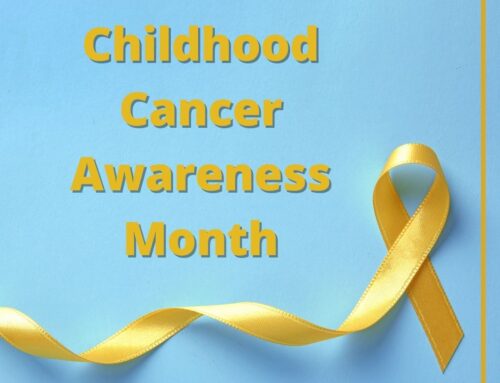February is National Parent Leadership Month
Greetings readers!
To the parents, caregivers, mentors, educators, and anyone else who leads and nurtures youth – You are superheroes! Raising and guiding youth takes patience, strength, vulnerability, and a whole lot of courage. This week’s blog is about Parent Leadership: What does it mean and what can you do to ensure you are being the parent leader you want to be? Before we dive in, here are this week’s affirmations:
What does Parent Leadership mean?
Check-in with yourself by reflecting on and answering the following questions:
Self-reflecting is not about judging or shaming yourself based on what has or has not happened between you and your youth (remember this week’s affirmations!). Self-reflecting is a wonderful strategy to help keep you on track to being the best parent/guardian you can be for your youth!
Here’s how YOU can be a Prevention Partner:

